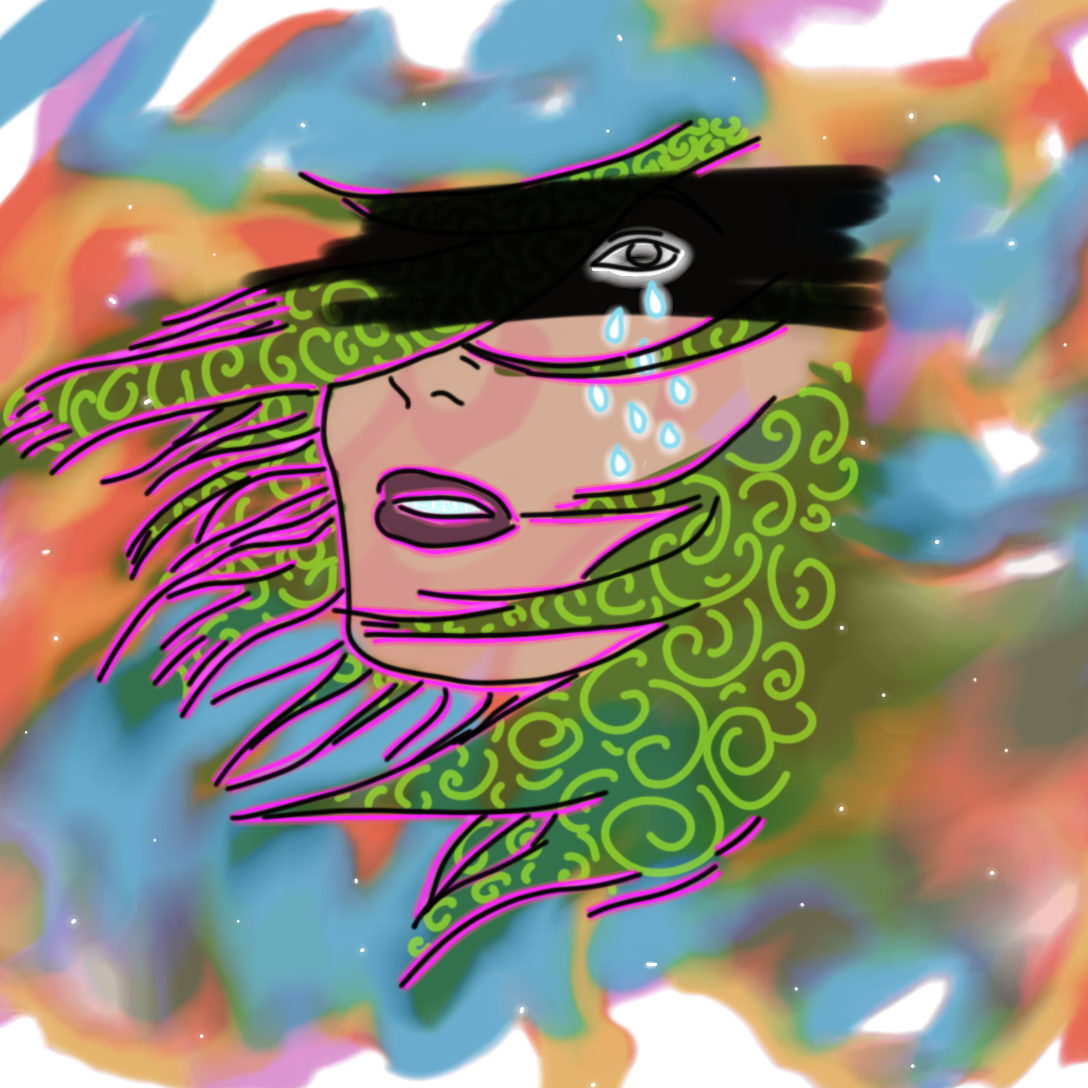What Is Psychosis and Why Does It Occur?
Although many people tend to mistake psychosis for psychotic disorders, there is, in fact, a tremendous variance between the terms. While the term “psychotic disorder” describes the collection of severe neurological illnesses, characterized by a temporary disconnect from reality, such as schizophrenia, schizoaffective disorder, brief psychotic disorder, delusional disorder, bipolar disorder and severe depression, psychosis is considered to be a symptom of several mental disorders rather than an illness itself, explains Stephanie Hairston in the article “Psychosis and Psychotic Disorders.”
Psychosis is the break from reality, usually associated with delusions, hallucinations, agitation and incoherent speech. Even though everyone experiences it in a unique way, most individuals describe the episode as confusing and frightening, claims Chief Medical Officer Dr. Ken Duckworth. However, psychosis is not as rare as it appears to be. According to the National Alliance on Mental Health (NAMI) in the United States alone, over 100,000 people experience the symptom annually and approximately 3 of 100 people are believed to encounter it at some point in their life.
It is important to keep in mind that the symptom does not typically occur abruptly as an independent factor, but derives from the course of developed psychiatric disorder that stimulates gradual, non-specific changes in thoughts and perception. The onset of early warning signs is referred to as first-episode psychosis (FEP), during which the person’s mind begins to subtly lose touch with reality. While the signs may not denote a severe problem, health specialists advise medical assessment as the prevention of profound consequences like psychotic illness.
Despite the efforts of medical experts, the exact causes of psychosis are still not known. However, NAMI has determined that psychosis can be triggered by a variety of genetics as well as life stressors during the crucial stages of brain development. In addition, untreated, severe psychosis can moderately progress into more acute conditions, such as psychotic disorder. Risk factors that may significantly contribute to the overall progress of symptoms include physical illness, substance abuse and psychological or physical trauma. In general, teenagers and young adults are at greater risk of developing psychosis because of the hormonal changes in the brain during puberty.
Regardless of the cause of the problem, special medical attention is highly recommended for those with psychosis, especially during FED, because early diagnosis, along with adequate treatment, such as medications or psychotherapies, creates ideal conditions for successful recovery.
